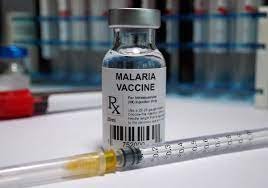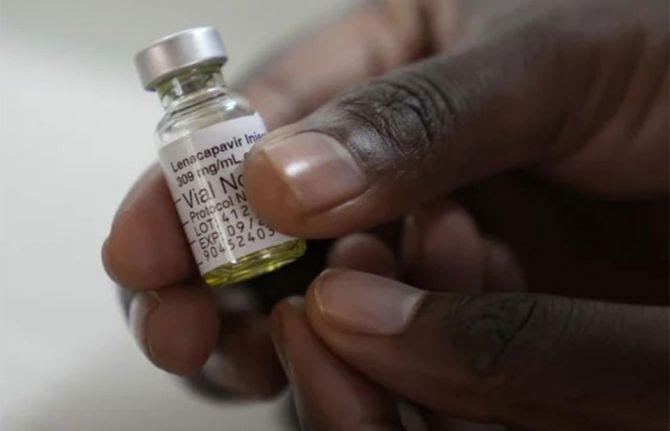Korede Abdullah in Lagos
British pharmaceutical giant GSK and Indian drugmaker Bharat Biotech have announced an immediate phased reduction in the cost of the RTS,S malaria vaccine, aiming to bring its price down to under $5 per dose.
The move comes at a critical moment as Gavi, the global vaccine alliance, grapples with a major budget shortfall after raising only $9 billion of its $11.9 billion target at a replenishment event in Brussels on Wednesday.
“The price reduction demonstrates our commitment to Gavi,” the companies said in a joint statement, attributing the move to “process improvements, expanded production capacity, cost-effective manufacturing, and minimal profit margins.”
The decision to cut prices is seen as a vital boost for immunisation efforts in low-income countries, especially as governments slash development budgets.
The UK has cut its contribution to Gavi by 40 per cent, while the US has pledged nothing, despite previously providing around $300 million annually.
Executive Chairman of Bharat Biotech, Dr. Krishna Ella, said, “For us, this is more than a cooperation, it’s a promise. By joining forces with GSK and working closely with Gavi and the WHO, we are taking a real step toward closing the gap between vaccine supply and the urgent needs of children at risk of malaria.”
Malaria continues to kill over 500,000 people yearly—mostly children under five in sub-Saharan Africa—while progress in tackling the disease has stalled since 2015.
Experts hope the RTS,S vaccine, which cuts hospitalisations for severe malaria by 30 per cent, will prove pivotal alongside Oxford University’s R21 jab, which costs around $4 per dose.
Professor Nick White of the Mahidol-Oxford Tropical Medicine Research Unit welcomed the price cut, saying, “Reducing the price will be good and the two comparable vaccines can fight it out in the marketplace.”
Gavi aims to help fund RTS,S rollout in 12 African countries this year, with GSK planning to supply up to 18 million doses by year-end and 15 million doses annually from 2026 to 2028.



